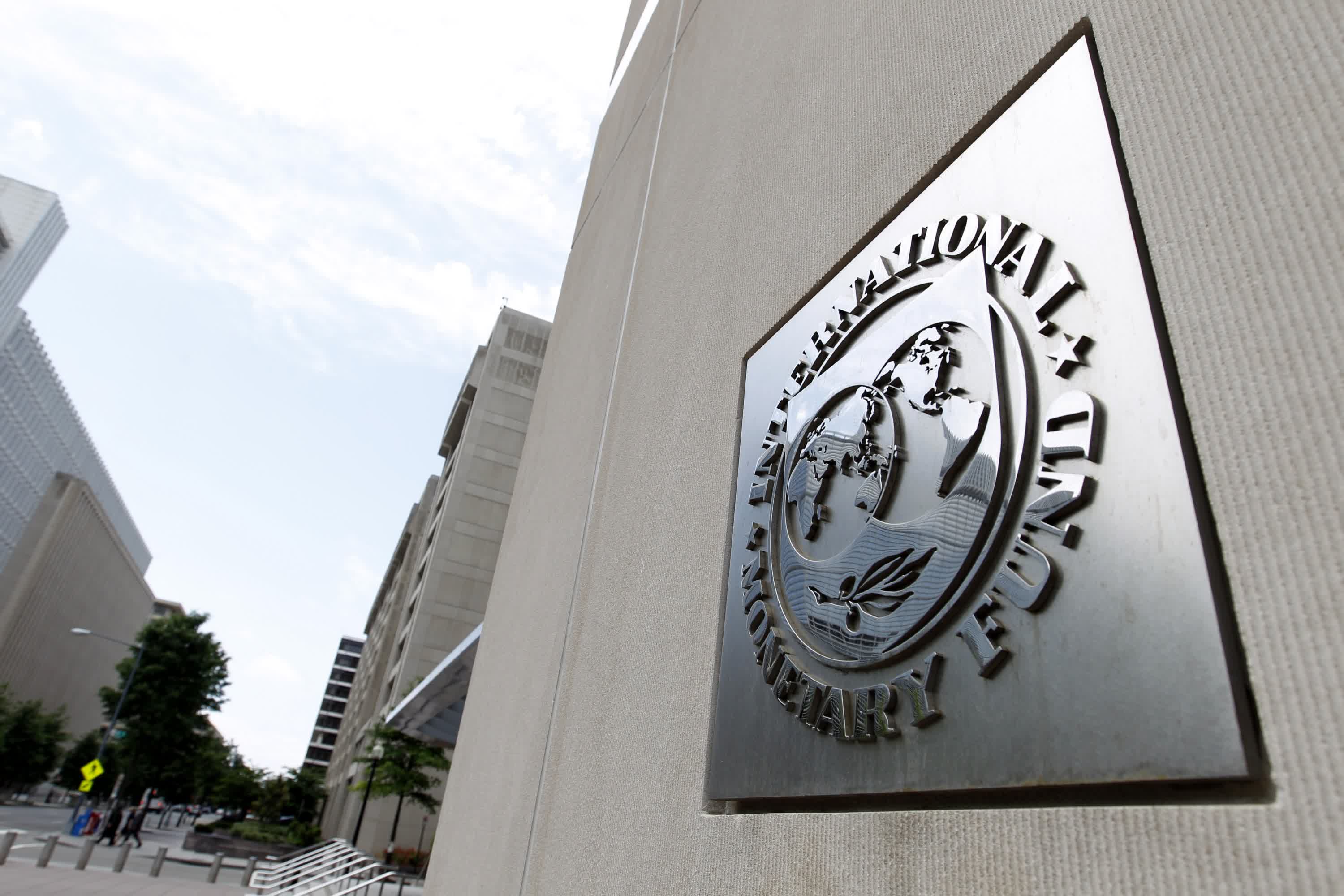The big picture: Not long ago, Bitcoin and other cryptocurrencies were supposed to be the future of money and blockchain technology was poised to revolutionize everything. But now, nobody seems to remember the blockchain revolution anymore – a solution still in search of a problem – and Bitcoin remains a niche market for financial speculators.
Despite setbacks, digital money isn't going away. The International Monetary Fund (IMF), the major financial agency of the United Nations which essentially acts as the world's lender of last resort, is working to turn Bitcoin alternatives into a proper financial and monetary tool.
While today's cryptocurrencies are based on distributed ledger platforms such as the notorious blockchain, the digital currencies the IMF is thinking about are classified as central bank digital currencies (CBDC). A CBDC is a "digital coin" issued by a central bank and backed by real assets, so they should just work as electronic alternatives to the dollar, euro and other major coins when it comes to financial investments.
Kristalina Georgieva, managing director of the IMF, recently talked about CBDCs during a conference attended by African central banks in Rabat, Morocco. Georgieva said that CBDCs "should not be fragmented national propositions," as interoperability is a prerequisite for these new digital coins to provide more efficient and "fairer" transaction fees.

The IMF director said that the UN agency is currently working on a global CBDC platform, a new financial institution that should theoretically provide a common regulatory framework for digital money to guarantee that all these new coins will be able to work and interact together. A common platform is paramount, Georgieva said, as failing to agree on an interoperable tool would create a "vacuum" filled by financially risky cryptocurrencies like Bitcoin.
Being backed by a central bank, a CBDC likely won't have any need for a blockchain-like technology. Analysts are estimating that 114 nations, or more than 95% of the global GDP, are considering some form of CBDC, with 60 nations already working with digital money in research, pilot or even launch phases.
Georgieva said that CBDCs could help to increase inclusion by "giving more people access to financial services," lowering costs and strengthening the resilience and efficiency of payment systems. Cross-border payments and remittances would become "cheaper and quicker," the IMF head stated, but only if CBDCs are properly designed to avoid financial stability risks, privacy issues and legal challenges.
